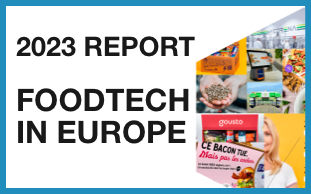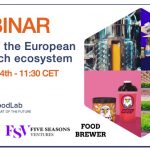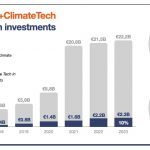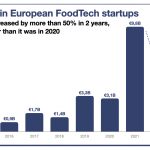One of the earliest food delivery “ideas” that entrepreneurs toyed with was the concept of meal kits. The idea was to put all your grocery needs in a box and ship it to you. In a word, the goal was and still is to remove the need to go shopping for groceries.
However, startups in the space have had some troubles. They raised a lot of money (or at least, what was considered to be a lot of money five years ago), they grew, and then… the issues appeared:
- consumer retention was low: many users were keen to switch from one provider to the other as long as coupons were available or used the service to create their bank of recipes and then returned to the store;
- acquisition costs (notably through online channels) skyrocketed;
- the competition was high and became more and more niche
In short, the trend evaporated. It happened with the IPO of Blue Apron, the US leader, which revealed disastrous sales data and retention rates. Then, the light went to restaurant delivery startups and now to quick-commerce players.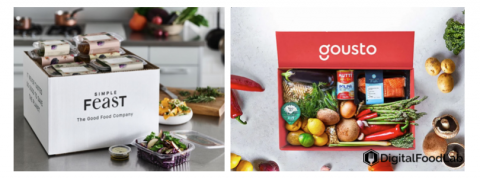
But, it seems that we may have been quick to forget about meal kits. They seem to make their comeback:
- in the traditional form, with startups raising again in the space. That’s notably the case this week with Gousto, the British unicorn that raised $230M to keep growing. Already profitable, Gousto has impressive logistics and demonstrates that it is still possible to grow a meal kit venture today.
- in a new form which we call “heat-and eat”: you get delivered with already cooked meals matching your tastes and needs. Startups such as Simple Feast (Denmark) or AllPlants (UK) recently raised significant rounds and are expanding fast in new geographies.
We are especially interested in this latter category. At first sight, it may seem that these startups don’t add much value compared to restaurant delivery startups. But, a single delivery for a week of meals (even more for a couple or a family) makes a lot of sense economically. It is also interesting to see that most of these services have only plant-based or vegetarian offerings. They act as a tool for the growing segment of the population which wants to switch all or a part of their diet but don’t know how to combine this with the desire for tasty meals.
It’s a space that many large food corporations should follow closely, as it may be the best way for them to reach and interact with consumers by building a direct relationship with a new type of offering. That’s maybe what Nestlé was looking to when it acquired last year both Freshly in the US and Mindful Chef in the UK.
Have a great week!
Matthieu

